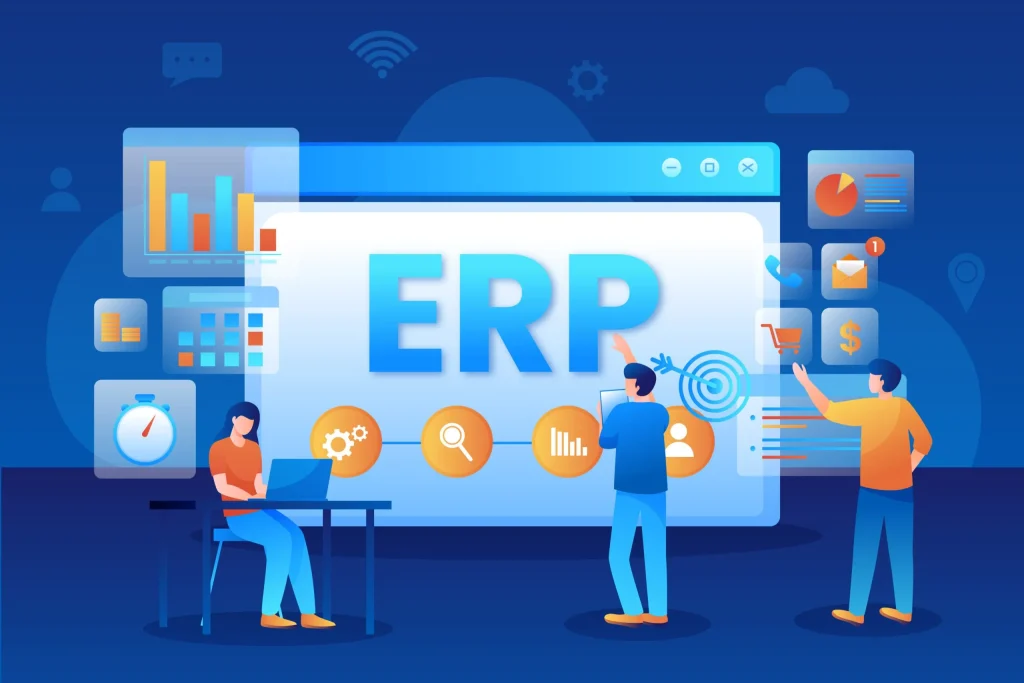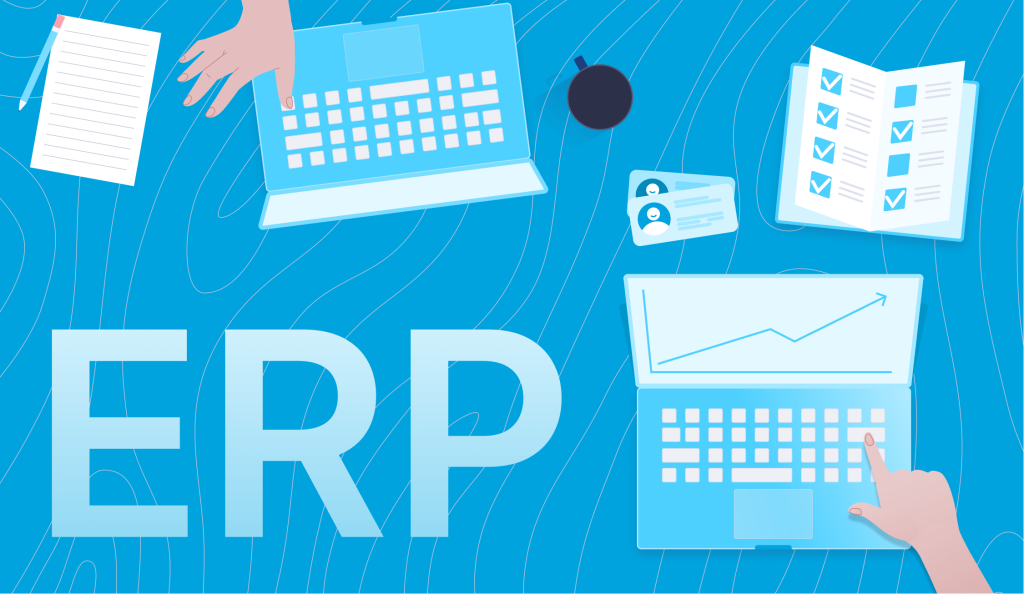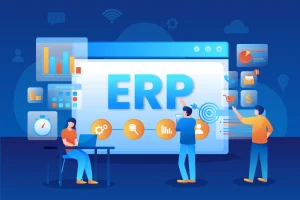
Effective financial planning is absolutely essential for companies trying to stay competitive and sensitive to market needs in the modern corporate scene. Many companies are looking to financial erp systems to help them reach this by simplifying their operations and improving decision-making procedures. These solutions provide companies a more coherent and complete way to handle money by combining financial data with other main corporate operations. Right financial ERP systems help companies to maximize resource allocation, lower inefficiencies, and guarantee more accurate financial planning and reporting.
Streamlining Financial Processes
Automation of financial procedures is one of the main benefits of including ERP instruments into financial planning. Time-consuming manual chores, including data entry, reconciliation, and reporting, are prone to human mistakes. By automating these tasks, an integrated ERP system lets more accurate results and faster processing be possible. This not only saves important time but also lowers the possibility of expensive blunders influencing financial decisions. Moreover, automation frees financial teams to concentrate on higher-value chores, such as strategic analysis and planning, instead of wasting time on routine administrative duties.

Real-Time Data Access
Accessing real-time financial data is another main advantage of financial ERP systems. In conventional financial systems, info could be kept in numerous silos, which makes it difficult for decision-makers to get a clear and current perspective of the financial situation of the organization. Consolidating data from many departments, an integrated ERP system gives stakeholders a consistent, real-time view of the financial situation of the business. Making good decisions depends on accurate and timely financial reporting, which this helps to facilitate. Access to up-to-date data also helps companies to rapidly adjust to changes in internal operations or the market, hence enhancing agility and responsiveness.
Improved Financial Forecasting
A vital component of financial planning, financial forecasting lets companies project future income, expenses, and cash flow. Integrated ERP tools let companies greatly improve their forecasting accuracy. Better-informed projections are made possible by the system’s access to historical data, present financial performance, and other vital corporate variables. Furthermore, integrated within financial erp systems are sophisticated analytics, which use predictive modeling and algorithms to enable companies to detect possible financial possibilities and difficulties. Clear understanding of future financial patterns helps businesses to make more proactive decisions, lower risks, and spot fresh development potential.
Increased Collaboration and Efficiency
Achieving ideal results on financial planning depends on cooperation among several divisions. Better communication between finance teams and other departments, including sales, inventory, and procurement, results from an integrated ERP system. Teams may work more efficiently and make decisions consistent with the whole corporate plan by using a single platform for accessing operational and financial data. Furthermore, an ERP system minimizes delays and mistakes by lowering the necessity for hand data transfers across several systems. This produces a more effective information flow and finally helps to make decisions better.
Using integrated ERP systems helps to maximize efficiency in financial planning not just by streamlining financial procedures but also by fostering a more cooperative and informed workplace inside the company. Streamlined workflows, real-time data availability, better forecasting, and increased cooperation help companies to make more strategic, data-driven decisions that propel long-term success.






